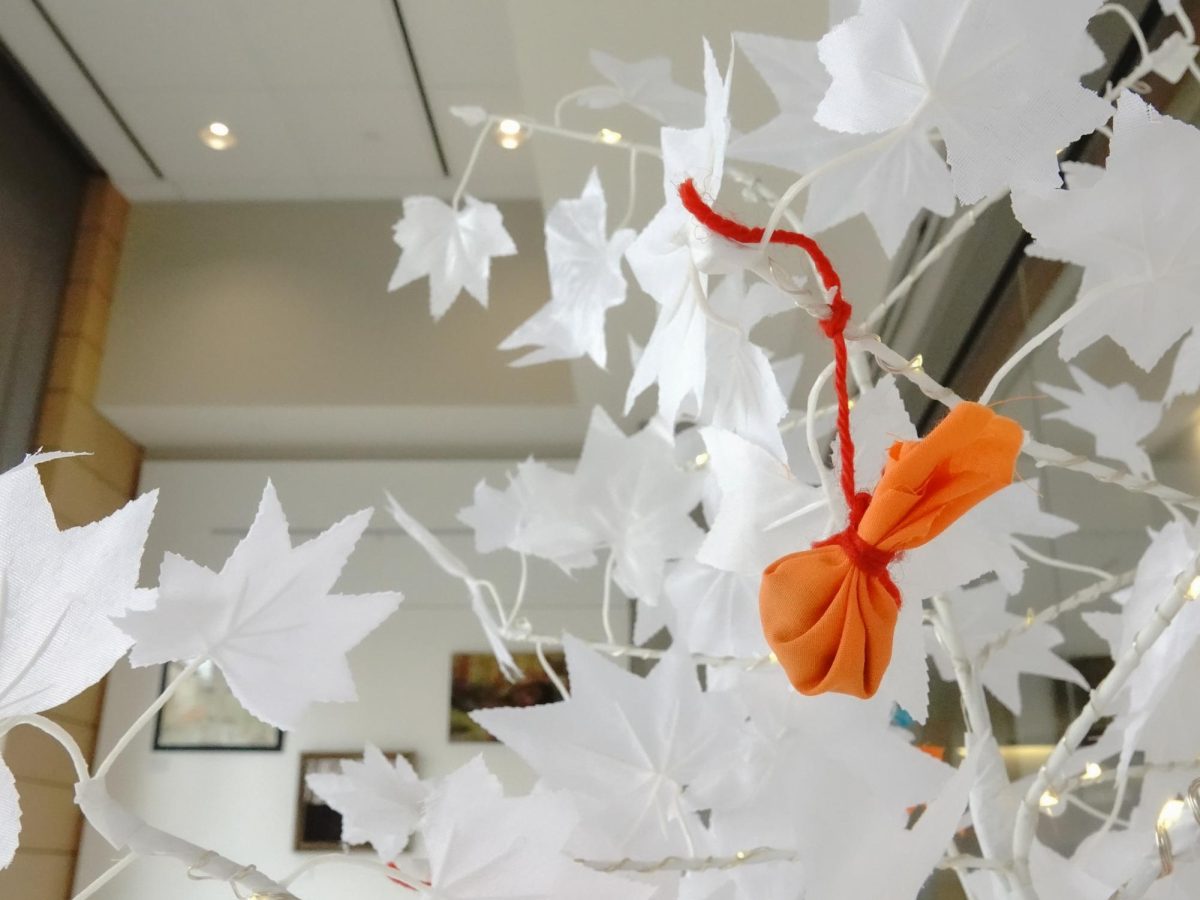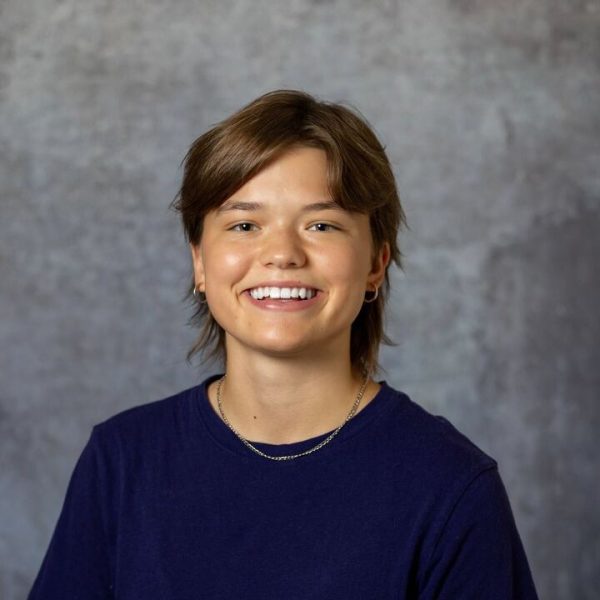November is National American Indian and Alaska Native Heritage Month, a time to celebrate the rich and diverse cultures, traditions and histories of the Native American peoples, according to the National Endowment for the Humanities.
This month is a way to look at our country’s history honestly and truly and celebrate Native American culture, including its food, language and arts, according to University of Wisconsin Director of Tribal Relations Carla Vigue.
“Native Americans — we are the original inhabitants of this land,” Vigue said.
UW holds “Native November” during which the university hosts events and opportunities to learn more about the Native American community, Vigue said.
These events allow visitors to interact with students representing Native Nations across the country, Vigue said.
“They bring a unique perspective, a unique voice, they bring their own culture and heritage,” Vigue said. “… It is a benefit to UW-Madison to have students with this unique voice and perspective on campus.”
The Indigenous Student Center Coalition is a group of seven Indigenous student organization leaders including Wunk Sheek, Tribal Libraries and the Indigenous Graduate Students, UW Indigenous Law Student Association member Torey Dolan said.
There is a strong Native community at UW, especially within the Ho-Chunk Nation, Dolan said.
Native November has a lot of events throughout campus to celebrate and highlight Indigenous communities that make up not only the state of Wisconsin but more specifically the City of Madison Indigenous community, Dolan said.
“I commend the work that the students do to make a home for Indigenous students on campus, and I feel that they go all out for Native November,” Dolan said. “And I find that to be a beautiful thing.”
In 2023, UW graduate student Molli Pauliot, along with university faculty, designed banners representing the Ho-Chunk Tribal nation and hung them on Bascom Hall, Vigue said.
The UW campus is built on Ho-Chunk ancestral homeland called Teejop, but the tribe was then forced to cede the land in an 1832 treaty, according to OnWisconsin. Today, UW respects the inherent sovereignty of the Ho-Chunk Nation, through student-led actions and events.
Last year, a banner on Bascom Hall depicting Bucky Badger was replaced by these student-designed Ho-Chunk banners, which will return in honor of Native November to serve as a reminder of the history of the university, Vigue said.
The Ho-Chunk flag will be raised on Bascom Hill by a veteran of the tribe and will stay raised throughout November in honor of the Ho-Chunk land on which Bascom Hall is built, Vigue said.
To kick off Native November at UW, there will be an art gallery opening and reception Nov. 1 from 6:30-8 p.m. at Hub Central in the Discovery Building, Vigue said.
The gallery showcased Indigenous student artists who came together to show their own Indigenous art, Vigue said. Vigue said the event was a way to come together and learn more about individual artists’ pieces and their specific tribal cultures.
There will be other events on campus including speakers, comedians and films, Vigue said.
One participating speaker is Lakota Native comedian and writer Jana Schmieding who advocates for Indigenous visibility and justice through her work, according to the UW Student Affairs website.
Vigue said she recommends the film “Tales from Planet Earth-Bad River” which is one of the 11 Wisconsin tribes located near the Lake Superior area. The film is a documentary focusing on the Bad River tribe being embroiled in a battle with Enbridge, an oil company that many years ago built an oil pipeline through part of the tribe’s reservation, Vigue said.
Vigue said the film highlights the history of Wisconsin tribes and the conflicts that would arise between tribes and non-native settlers. Memorial Union will show the documentary at 6 p.m. Nov. 18.




